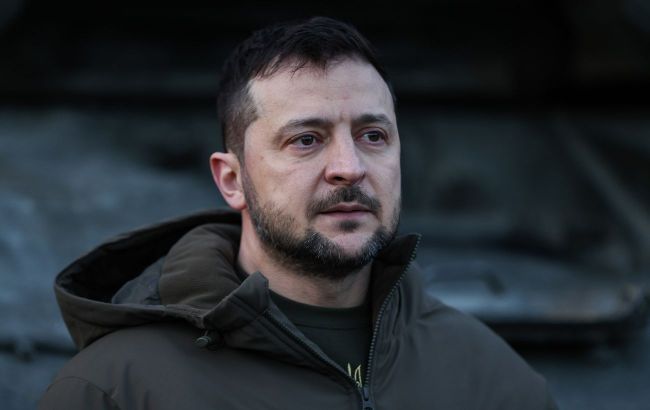More Russian prisoners means more effective exchange negotiations, Zelenskyy states
 President of Ukraine Volodymyr Zelenskyy (Photo: Getty Images)
President of Ukraine Volodymyr Zelenskyy (Photo: Getty Images)
The exchange of prisoners of war that took place on Wednesday, January 3, was one of the largest since Russia's full-scale invasion of Ukraine, announces President Volodymyr Zelenskyy in his address.
"Today, despite everything, despite all the challenges - it's good news for quite some time. We managed to free over 200 of our people from Russian captivity. Warriors and, importantly, civilians. We remember all Ukrainians held in Russian captivity. There was a long pause in exchanges, but no pause in negotiations for exchanges," says Zelenskyy.
He notes that Ukraine seizes every opportunity for exchanges, raising the topic of returning prisoners at every international meeting where it could be of help.
"Right now, I am glad that we managed to unlock the exchange. We've brought home soldiers from the Armed Forces, National Guard, border guards, and Navy. Most are soldiers and sergeants, but also officers. It's a really good day for Ukraine. Some of these warriors defended Mariupol and Azovstal," emphasizes the president.
Zelenskyy mentions that initially, there was no information about some of those released being in captivity. They were believed to have disappeared without a trace.
"Thank you to the entire team that has worked and continues to work to ensure these exchanges continue! Budanov, Yermak, Usov, Maliuk, Klymenko. And of course, I thank each of our soldiers on the front line, who capture occupiers and replenish our exchange fund. The more Russians we take as prisoners, the more effective negotiations for exchanges will be," he stresses.
Prisoner exchange
Ukraine and Russia had not conducted prisoner exchanges for several months. However, on Wednesday, January 3, it became known that Ukraine had repatriated 230 military personnel who defended Mariupol and Azovstal from Russian captivity.
Back in mid-November, Petro Yatsenko, a representative of the Coordination Headquarters for the Treatment of Prisoners of War, stated that Russia had frozen this process. However, negotiations on the exchange of prisoners with Russia have been ongoing.
In early December, President Zelenskyy mentioned that the process of exchanging prisoners between Ukraine and Russia had become complicated due to the aggressor country. Nevertheless, the Ukrainian side had been working on the return of a considerable number of defenders. Presumably, this referred to today's exchange.
The last such exchange took place on August 7th. During that exchange, 22 soldiers returned home, including two officers and enlisted personnel.

